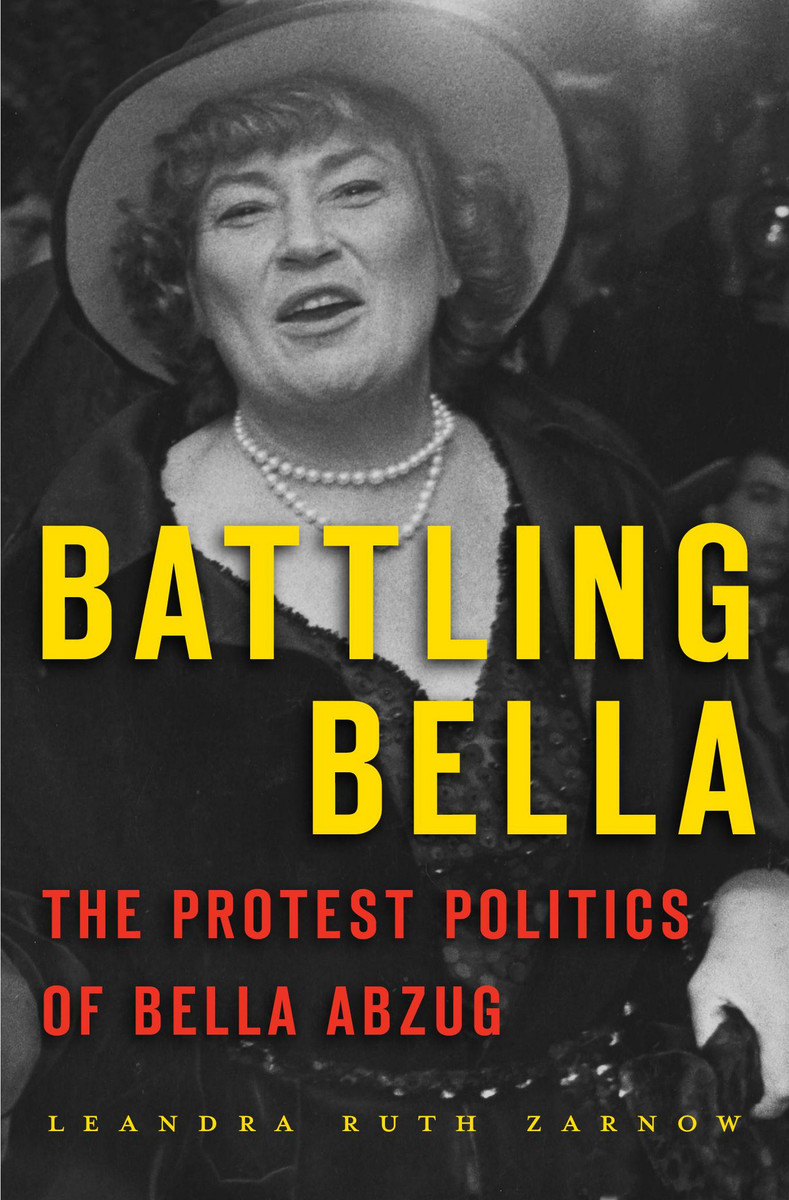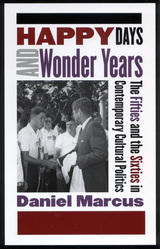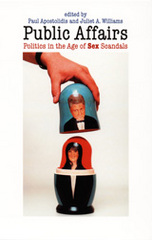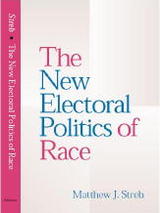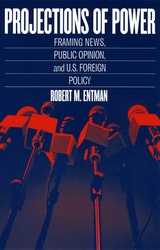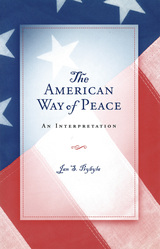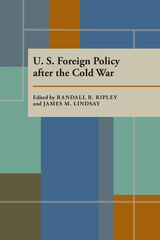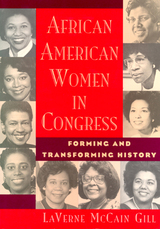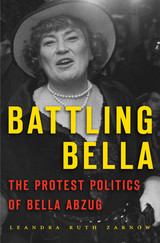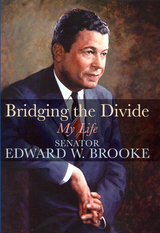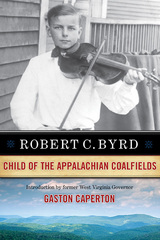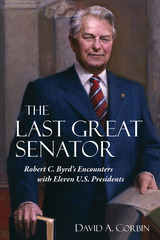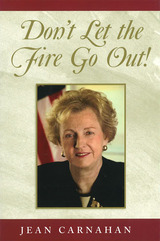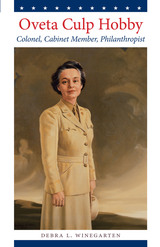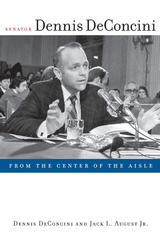Reading about how the mostly female volunteers steamrollered the traditional New York Democratic machine, feel free to think of [Abzug] as a middle-aged, Jewish, Vietnam-era version of Alexandria Ocasio Cortez. That would please Zarnow, who sees a whole lot of similarities between our era and the 1970s, when Democratic progressives were going head-to-head against establishment moderates for control of the party’s agenda.
-- Gail Collins New York Times Book Review
Every bit as vigorous and truth-telling as its subject, U.S. congresswoman and invaluable public gadfly Bella Abzug, who argued loudly and persuasively for gender equality, environmental common sense, gay rights, and a generally more compassionate public sector. It’s a first-rate political biography.
-- Christian Science Monitor
[Should] be required reading for every freshman. Every politician. Every woman and, of course, every man…A tightly focused story about the political contributions of Abzug, who devoted her life to making American society less sexist and racist. It is a story that, in its selflessness and heroism, is unimaginable today…Zarnow offers such a rich history.
-- Rachel Shteir Los Angeles Review of Books
One of the most beloved and derided politicians of the late twentieth century. She was as famous for her anger (nicknames included ‘Battling Bella’ and ‘Hurricane Bella’) as she was for her unwavering commitment to a set of political principles, among them pacifism, racial equality, and grassroots organizing…Abzug’s career, Zarnow argues, helps us understand the course charted by female politicians today.
-- Maggie Doherty New York Review of Books
A compelling portrait of a woman who pursued her goals with a single-minded intensity that is inspiring, perhaps all the more so owing to the focus on Abzug’s home life and marriage, which was equal in a way that is unusual even today…A fascinating ride through some of the fastest-paced politics of the 1960s with a larger-than-life character.
-- Kirkus Reviews
Zarnow sketches a vibrant picture of Abzug’s tumultuous era and draws apt comparisons between her firebrand subject and the latest crop of progressive congresswomen.
-- Publishers Weekly
Battling Bella is political biography at its best. Meticulously researched and exciting to read, the book fully acquaints readers with this passionate, pragmatic, and polarizing champion of social justice and her lasting impact on the women’s movement, the Democratic Party, and the history of the United States.
-- Marjorie Spruill, author of Divided We Stand: The Battle Over Women’s Rights and Family Values That Polarized American Politics
In telling Abzug’s story, Leandra Zarnow gives us a cogent re-evaluation of how progressive social moments brought their energy and ideas into the Democratic Party and the Congress during the 1960s and 1970s. Readers struggling against the current subversion of freedom and democracy in the U.S. and abroad will find in ‘Battling Bella’ a member of the resistance worthy of rediscovery.
-- Jane Sherron De Hart, author of Ruth Bader Ginsburg: A Life
This riveting biography could not be more timely. Bella Abzug’s career provides a crucial link in the histories of radicalism, feminism, and electoral politics from the 1930s to the 1990s. Through deep research, thorough historical grounding, and a lively writing style, Zarnow has produced a compelling account of a powerful female politician who fought for peace, racial justice, and gender equality.
-- Estelle B. Freedman, author of No Turning Back: The History of Feminism and the Future of Women
Bella Abzug speaks to our times from this well-wrought biography by historian Leandra Zarnow. Abzug knew progressive change is a not a sprint but a lifetime struggle in which racial and gender equity, economic justice, and peace belong together. From the hard times of the red scare to the glory days of left liberalism in the 1960s and ’70s and right through the reaction that followed, she marshaled grassroots energy to embolden her liberal colleagues with her signature flair, modeling the kind of courage we so need now.
-- Nancy MacLean, author of Democracy in Chains: The Deep History of the Radical Right’s Stealth Plan for America
[Abzug’s] five-decade political career, reconstructed beautifully in a new biography by Leandra Ruth Zarnow, reveals the peregrinations of American leftism during the twentieth century…[This] impressive political biography ultimately raises crucial questions for our own time.
-- Dylan Gottlieb Gotham
Engagingly written, Battling Bella places Abzug firmly in the context of her time—the contentious politics of the 1970s—as well as positions her as a trailblazer whose brash style anticipated the personality-driven culture of the 21st century…With her big hats and her beaming smile and her short temper and her blunt honesty, she becomes in Zarnow’s handling an intensely admirable flesh-and-blood character.
-- Christian Science Monitor
Engaging and deeply researched…Because of the wide sweep of Abzug’s life and Zarnow’s masterful contextualization, it offers an insightful overview of American political history from the 1930s through the 1970s.
-- Tamar W. Carroll Canadian Journal of History
